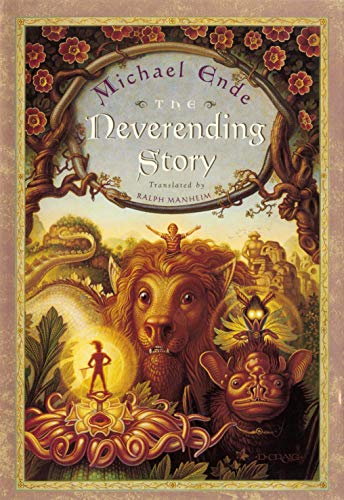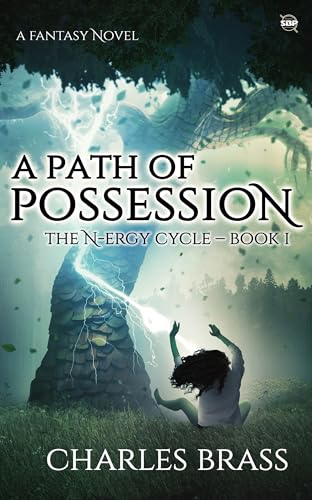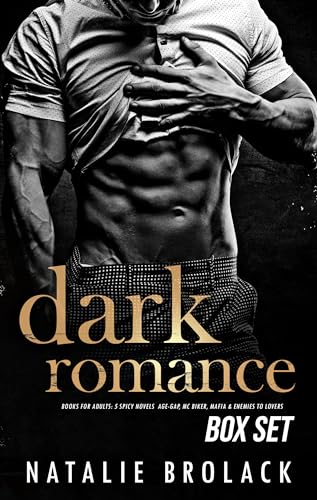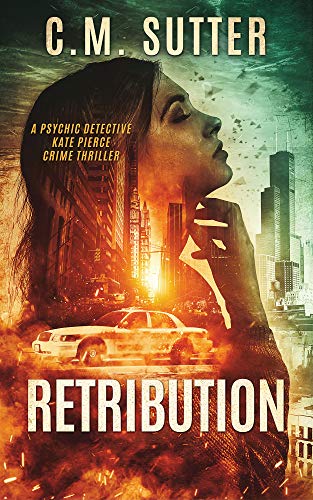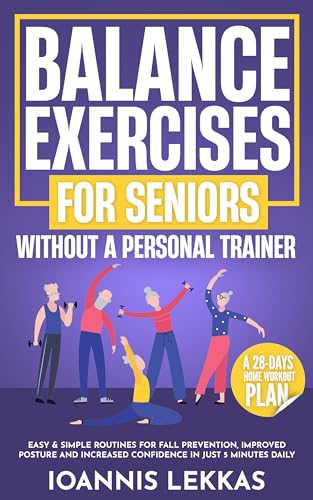(The following post first appeared in the TeleRead.org blog on April 8, 2009.)
In a TeleRead piece that I wrote last week, along with a perhaps more interesting exchange of follow-up comments, I began thinking about what it might take to mount an effective organizing campaign against DRM. Starting from some relatively passive speculation that Amazon could well move to diminish or get rid of DRM in the Kindle Store out of its own self-interest, I attempted to challenge readers and commenters to think rigorously about what would be required in terms of strategy and intellectual honesty to mount such a campaign:
“[I]t is important for those who are committed to the anti-DRM fight to realize that the fight does not become a campaign until it has three elements: (1) a clear-eyed sense of the relative support that exists on each side of the question, where it comes from, and the extent to which consumers care or don’t care; (2) total intellectual honesty about the current state of play — for instance, it seems to me that assertions that ePub is the e-book publishing ‘standard’ or that ‘serious e-book-lovers hate DRM’ declare victories that have yet to be won; and (3) [a] strategy [built around the self-interest of the player or players who hold the power to give you what you want].”
My point was to suggest that it is seldom enough to be right. If we want to change something worth changing, we need to get up off our keisters and organize. There are some interesting models worthy of emulation just now in the Reading Rights Coalition’s text-to-speech advocacy and the Green Press Initiative on publishing materials.
Now, thanks to some important information that Joshua Tallent plays very close to the vest in his new Kindle Formatting book, it turns out that DRM opponents may have just the tactical foot in the door around which to build an effective strategy. The information from Joshua’s book is that, in fact, any Kindle publisher can make his titles DRM-free on the Kindle by using Amazon’s Digital Text Platform (DTP) to upload HTML-formatted versions of your titles.
Combine this elegantly simple (and largely unknown) felicity with a little education and specific tactical opportunities provided by Amazon’s customer-driven search architecture, and voila: a direct and potentially powerful campaign strategy begins to emerge. I have fleshed it out a bit below, and I am posting it first here at TeleRead with the hope that TeleReaders, along with some of the subscribers to my free weekly Kindle Nation email newsletter, could be the advance guard in a winning campaign to turn the tide against DRM in e-books. As with any truly interesting coalition, I would not expect this campaign to be monolithic, or to be the pet or possession of any single participant, group, or website.
We won’t win overnight, but we can win by combining an ability to demonstrate increasing levels of consumer understanding of and opposition to DRM, and to bring economic as well as democratic pressure to bear on the book publishing and retailing industries. Here are the basics of a campaign, with specific roles for everyone, for Kindle owners, and for authors and publishers:
Everyone
· Send an email to kindle-feedback@amazon.com or kindle2-feedback@amazon.com stating your opposition to DRM and urging Amazon to take concrete steps to allow publishers and rightsholders to offer Kindle editions without DRM. Mention any e-reader devices that you own (or might purchase if they they changed their stance on DRM) and CC your email to stand.up.against.drm.in.ebooks@gmail.com.
· Join over 1,000 others who have participated in the Kindle Nation citizen survey – it’s open to anyone, especially people who are interested in ebooks – and be sure to select the appropriate “statements” about DRM. Answering all the questions, of course, will help to make your DRM stand more meaningful. I will post the results on the DRM question here next week.
Kindle Owners
· Search for “DRM-Free” when searching or browsing the Kindle Store. Although it will take a while for Kindle publishers and rightsholders in any significant number to add this descriptor to their e-books, this campaign will seek to influence them to make such titles a significant portion of the Kindle Store’s offerings.
· Use the “tag” feature in the Kindle Store’s search architecture to tag titles as DRM-Free when applicable, and add your DRM-Free tag to titles that already have it.
· Email stand.up.against.drm.in.ebooks@gmail.com whenever you find a title that identifies itself as DRM-Free but is not.
· Protect your DRM-Free titles by copying them from your Kindle to a designated folder on your computer’s hard drive and, if you wish, using a service such as Calibre to convert them to other formats.
Publishers, Authors, and Other Rightsholders
· Publish DRM-free Kindle editions of your books, articles, and other content by using Amazon’s Digital Text Platform (DTP) to upload HTML-formatted versions of your titles.
· Identify your DRM-free Kindle editions by typing “DRM-Free” the “Series Title” field on your title’s “Enter Product Details” DTP screen.
· Use the “tag” feature in the Kindle Store’s search architecture to tag your titles as “DRM-Free”, when applicable, on their Kindle Store detail pages.
Let’s see where this goes. I’ll see you at the barricades!
We must not stand
With cap in hand:
We must demand!
(This is just a beginning, and we need your ideas. Suggest other tactics and strategies as comments to this article and email them to stand.up.against.drm.in.ebooks@gmail.com. Particularly useful are ideas for industry contacts who could play a pivotal role in the gathering momentum to remove DRM from e-books. Although it is essential to focus some of this effort on Amazon and the Kindle, other digital content distributors, ebook manufacturers, publishers, and authors are also essential focal points. Feel free, of course, to add your concerns about related issues such as publishing standards to the mix.)
Comment welcomed!


